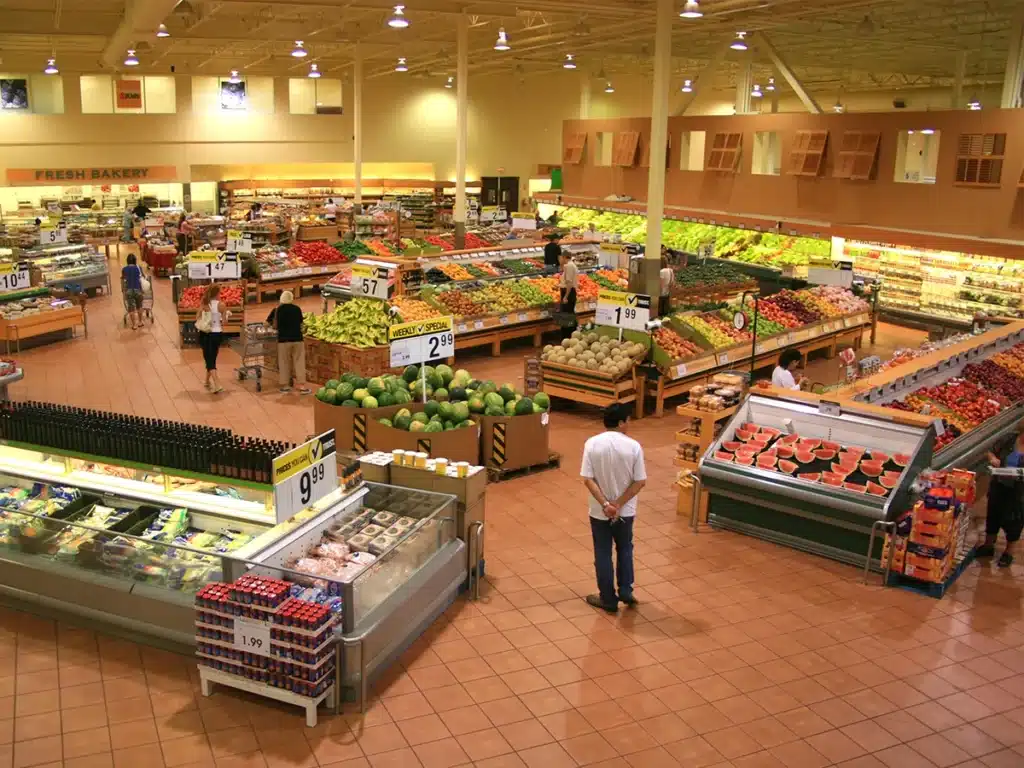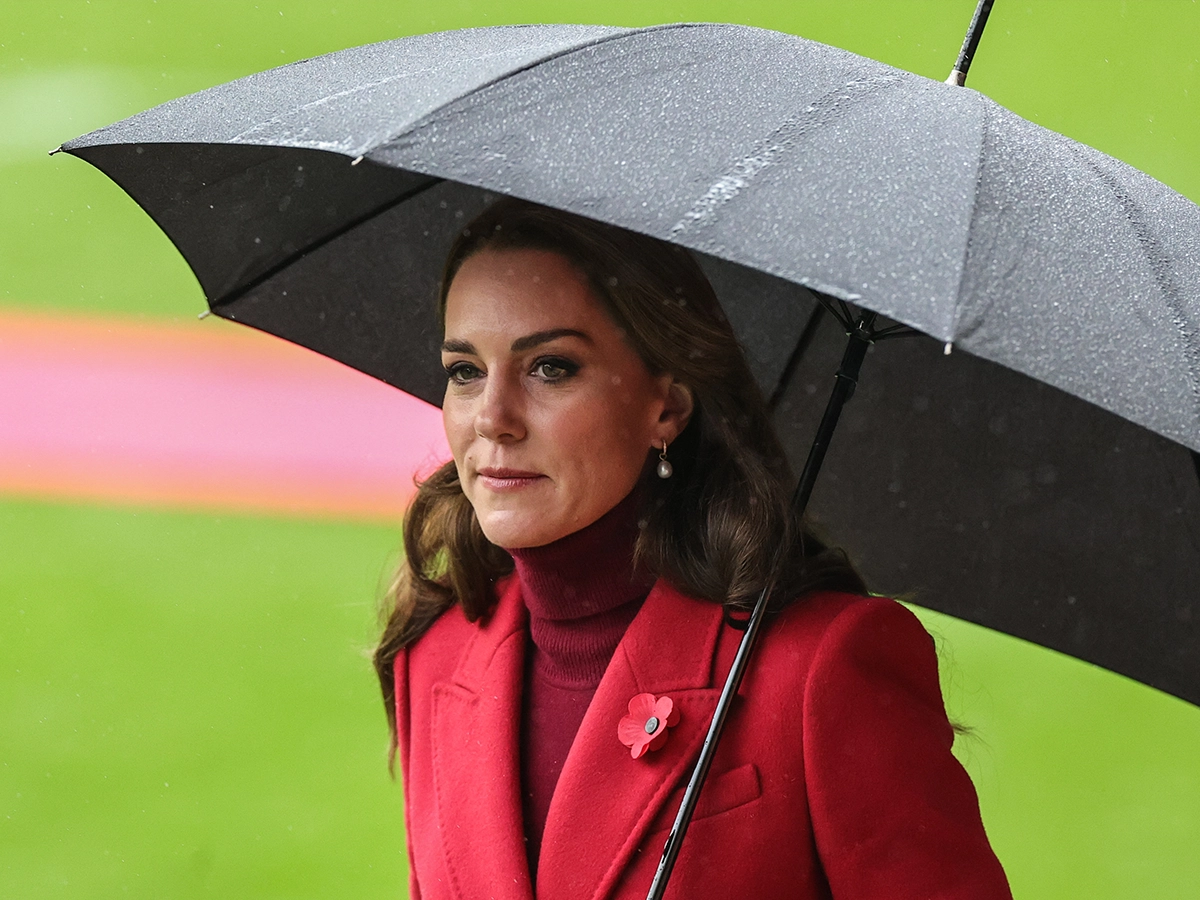Why Coles and Woolies are being investigated

In the midst of a growing cost-of-living crisis, Australian supermarkets are now facing heightened scrutiny from the Senate, as a sweeping investigation seeks to potentially reshape the landscape of grocery affordability. This inquiry, supported by a cross-party consensus, comes at a crucial time when households are contending with rising living costs and an unrelenting surge in food prices.
The Senate’s comprehensive examination is set to analyze the impact of market concentration on food prices, with a focus on the pricing strategies employed by retail giants Coles and Woolworths. Greens Senator Nick McKim emphasizes the need to dismantle the existing market concentration, which has given supermarkets unchecked power to dictate prices, causing financial strain for many Australians.
The Senate’s commitment to more affordable groceries is evident as it plans to explore various aspects, including the Coles-Woolworths duopoly, the complexities of discount labeling, the integration of automation and technology in stores, and safeguards for suppliers.
Political leaders have rallied behind this cause, with Nationals leader David Littleproud advocating for stronger penalties against supermarkets found exploiting suppliers and consumers. Littleproud issues a stark warning, highlighting that the cost-of-living crisis is not a future concern but an immediate struggle, with families facing challenges, even to afford a Christmas ham.
Agriculture Minister Murray Watt underscores the government’s determination to take decisive action to ease the burden on citizens grappling with the challenges of the cost of living. Although the CEOs of Coles and Woolworths may not be required to attend the inquiry, there is a growing expectation, fueled by prior high-profile hearings involving other major corporations earlier in the year.
This week will see the voting on the specifics of the inquiry, with the anticipated report scheduled for early next year. Meanwhile, the fate of numerous Australian families’ Christmas tables hinges not only on the Senate’s inquiry but also on the discussions unfolding around the Reserve Bank’s table. Despite the economic strain, there is a glimmer of hope for relief, with the OECD predicting rate drops in 2024.
Against the backdrop of reported substantial profits by Australia’s major supermarkets – Coles and Woolworths – during this inflationary period, concerns loom large over potential profiteering. The inquiry aims to determine whether these retail giants have exploited the situation to inflate prices beyond justified costs. Despite persistent denials of price gouging, the major chains now find themselves under intensified scrutiny, with the Senate determined to address the urgent matter of affordability in the face of the escalating cost-of-living crisis.
Coles and Woolworths assert that their profits are modest, but this claim is under scrutiny in a federal parliamentary inquiry into economic dynamism led by Jonathan Barrett.
During a parliamentary committee session on profits, the representative of Australia’s largest supermarket chain suggested that profit margins were modest, possibly even declining. However, this statement seems to conflict with data revealing a significant increase in profits from grocery items for Woolworths and Coles during the inflationary period and the associated cost-of-living crisis.
While Woolworths and Coles are commonly associated with Australian supermarkets, Woolworths also owns Big W, engages in stationery sales to businesses, and operates in New Zealand. The Australian supermarket sector, characterized by a lack of competition, has witnessed an annual increase in food prices of approximately 8%.
Woolworths, which used to own petrol stations, a liquor and hotel portfolio including Dan Murphy’s and BWS, and numerous licensed venues with poker machines, divested these assets with the separate listing of Endeavour Group in 2021. When Woolworths addressed the inquiry on July 25, it claimed that operating margins had declined over both a 10 and five-year period, encompassing the entire business rather than just the supermarket component.
However, comparing the overall business over these extended periods may be misleading, as Woolworths previously benefited from higher-margin ventures such as liquor retailing and poker machines. The recent margins appear lower in comparison, but focusing solely on profits derived from groceries reveals a substantial increase in margins for Woolworths and Coles during the cost-of-living crisis.
Experts, including economists, investment professionals, and a former regulatory boss, point to a lack of competition in Australia allowing major supermarkets to offset additional business costs through higher prices, potentially causing customers to pay more for necessities. Despite consistent denials of price gouging, supermarkets attribute their healthy returns to productivity improvements.
When questioned by the committee, Woolworths provided margin data for the entire group over the past 12 months to June 2022, a period ending before the bulk of the inflationary period and the associated cost-of-living crisis. Coles is expected to provide margin comparisons at a later date in response to similar committee inquiries.







Have your say